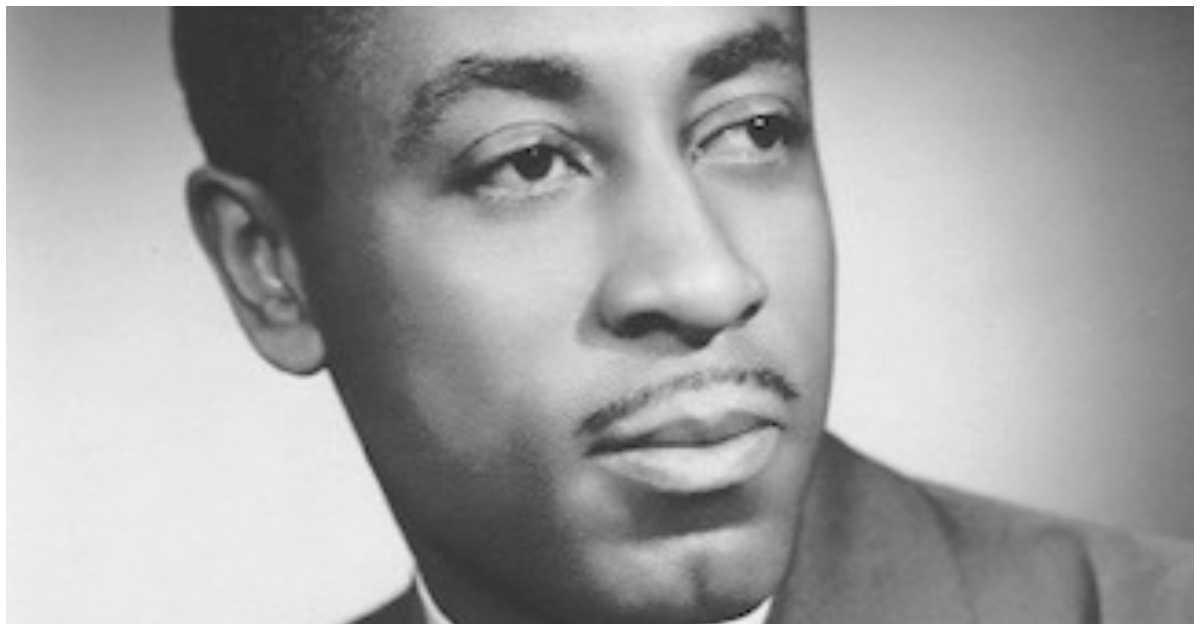Robert McFerrin is a name that resonates in the world of classical music. As the first Black man to perform at the Metropolitan Opera, McFerrin made an unforgettable mark on history. His 1955 debut was not just a personal achievement but a monumental moment for Black artists in classical music. McFerrin’s legacy helped break down racial barriers, allowing future generations of Black opera singers to dream bigger and reach further. His impact, however, goes beyond opera. McFerrin’s versatility also touched spiritual music and film, solidifying his place as a trailblazer.
Robert McFerrin’s Historic Metropolitan Opera Debut
When Robert McFerrin stepped onto the stage of the Metropolitan Opera in 1955, it was a turning point for Black artists in classical music. His performance was groundbreaking, as it marked the first time a Black man had ever sung at the prestigious opera house. McFerrin’s powerful baritone voice captivated audiences, proving that talent knows no racial boundaries. His achievement paved the way for future generations of Black opera singers to pursue careers in an arena that had previously been closed to them.
Before McFerrin, opportunities for Black singers in classical music were scarce. Many were excluded from major performances and roles, simply because of the color of their skin. McFerrin’s performance at the Met was not only a personal triumph but also a victory for diversity in the arts.
McFerrin’s Versatility Beyond Opera
Though he is best known for his opera career, Robert McFerrin’s talent extended far beyond the opera stage. He also made a significant impact in spiritual music, where his rich voice brought new depth to this genre. McFerrin’s ability to move between different styles of music showcased his versatility and helped redefine what a classical singer could achieve.
In addition to his work in music, McFerrin’s baritone voice found its way onto the silver screen. His singing was featured in various films, adding a layer of emotion and power to the soundtracks. McFerrin’s contributions to both opera and film proved that his talent was not confined to one genre or medium. He had the unique ability to connect with audiences across different forms of art.
Breaking Barriers for Future Generations
Robert McFerrin’s legacy is one of inspiration and opportunity. As the first Black man to perform at the Metropolitan Opera, he opened doors for many Black artists who followed in his footsteps. His success was not only a reflection of his talent but also a statement about the changing landscape of classical music. McFerrin showed that Black artists could succeed in spaces traditionally dominated by white performers.
Today, many Black opera singers, such as Leontyne Price and Jessye Norman, stand on the shoulders of McFerrin’s pioneering work. His courage and determination helped transform the opera world, making it more inclusive and diverse. McFerrin’s influence continues to be felt by Black artists who strive to follow in his path and create their own legacies.



